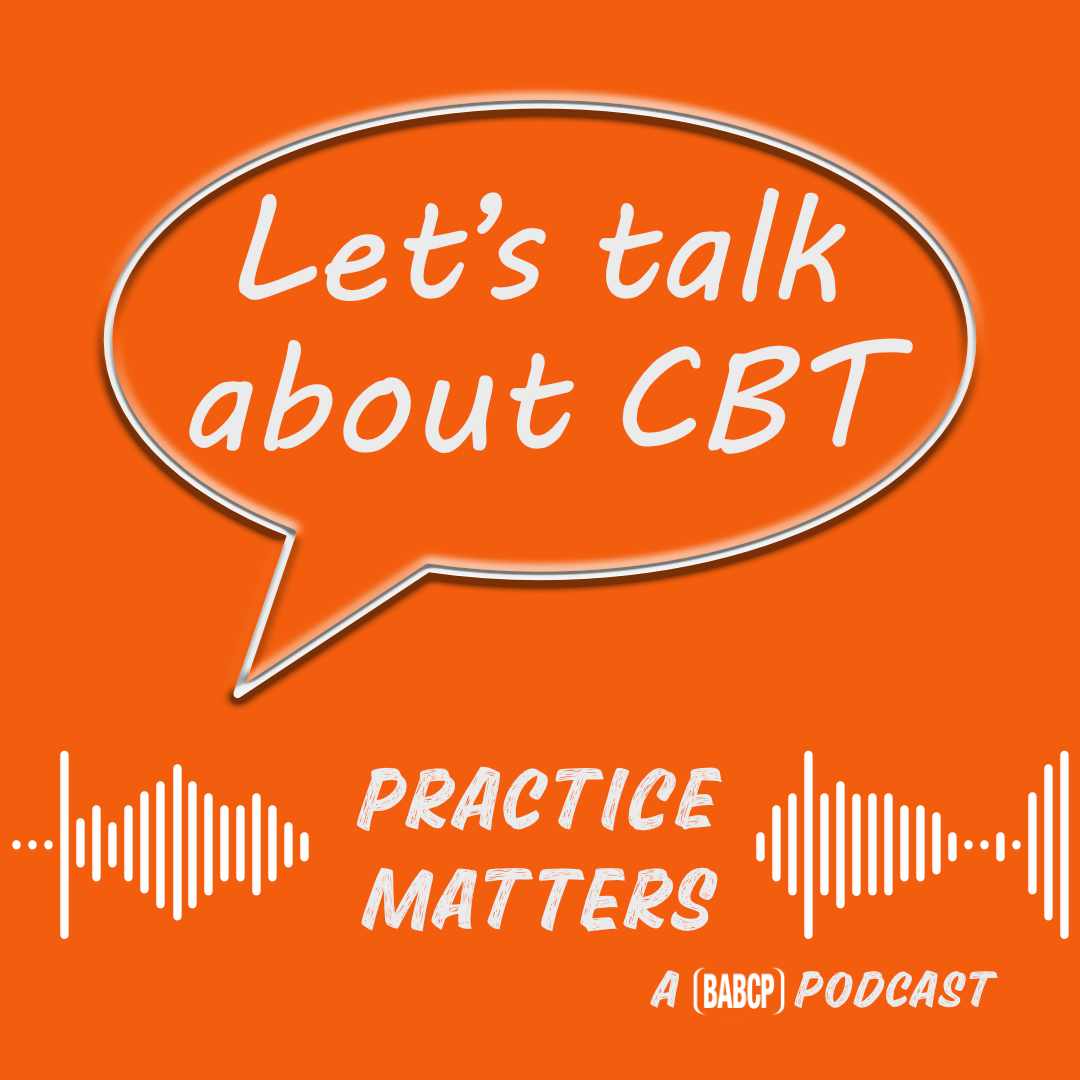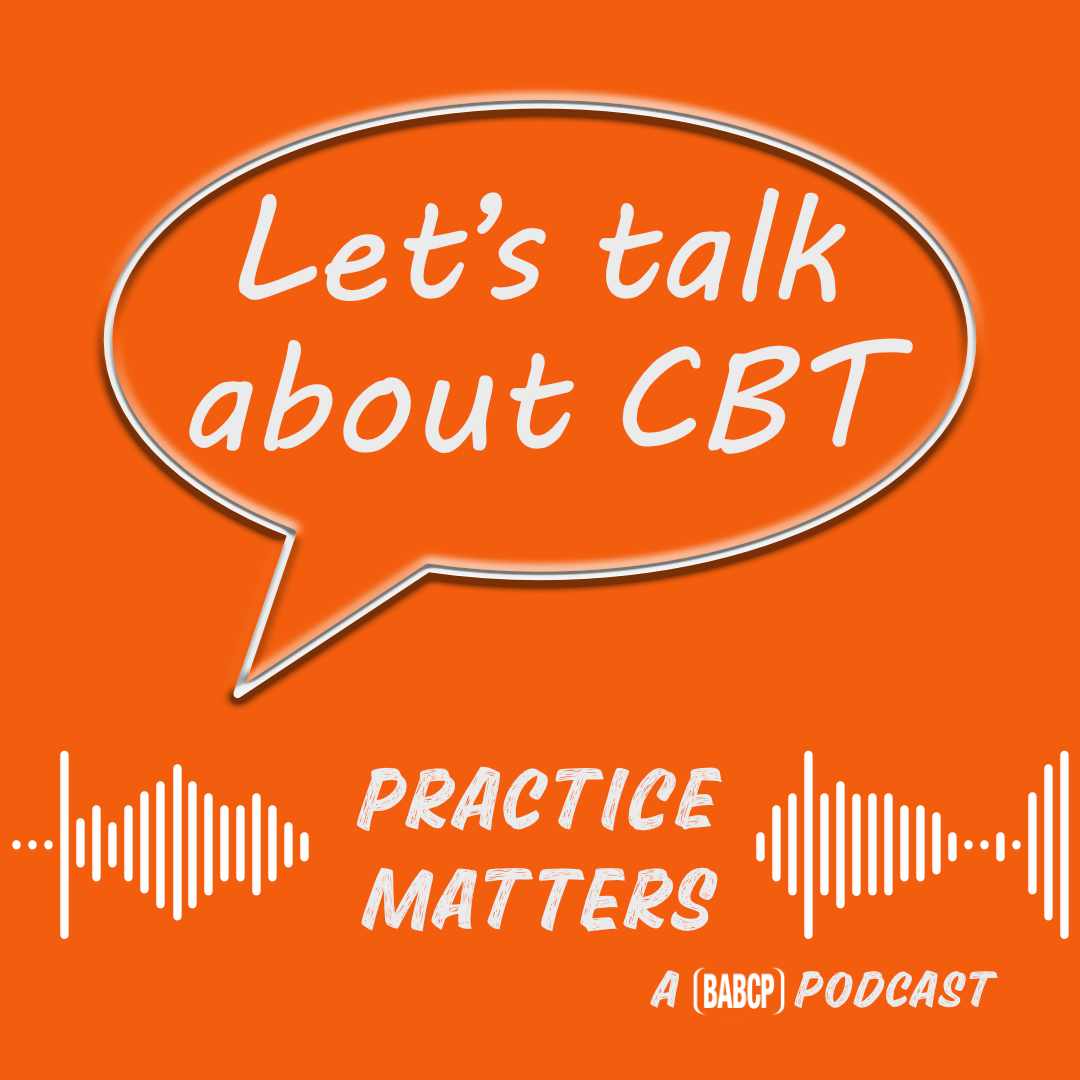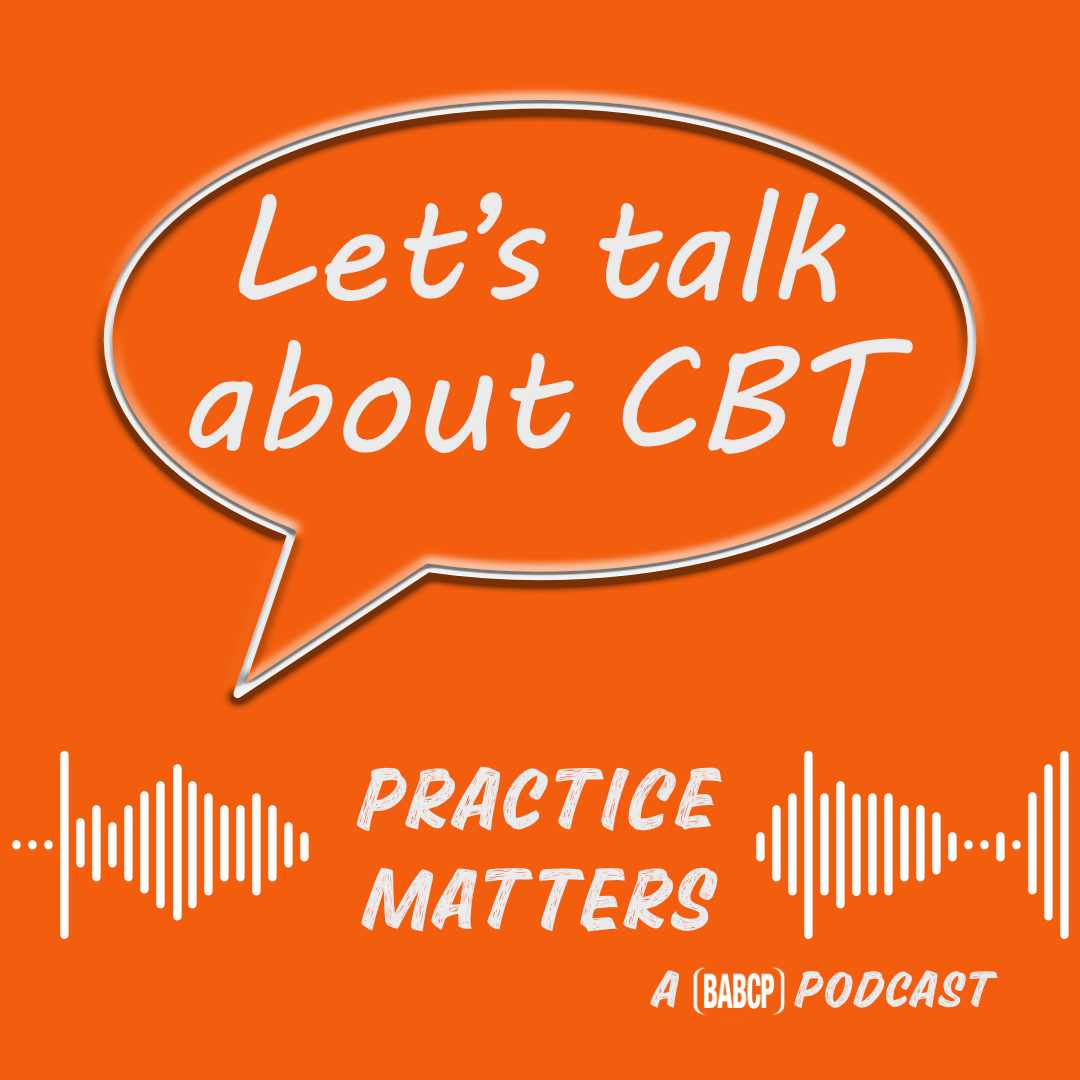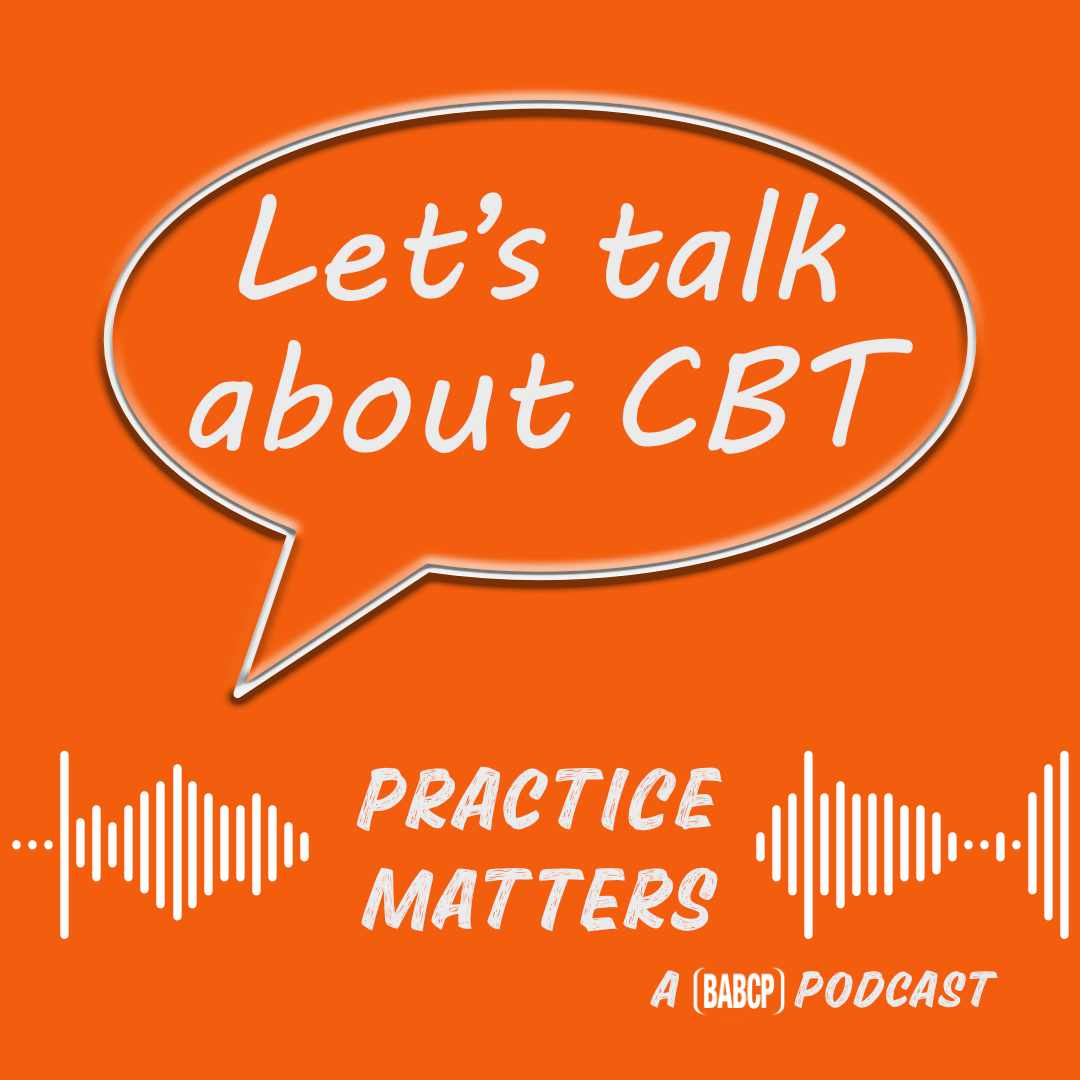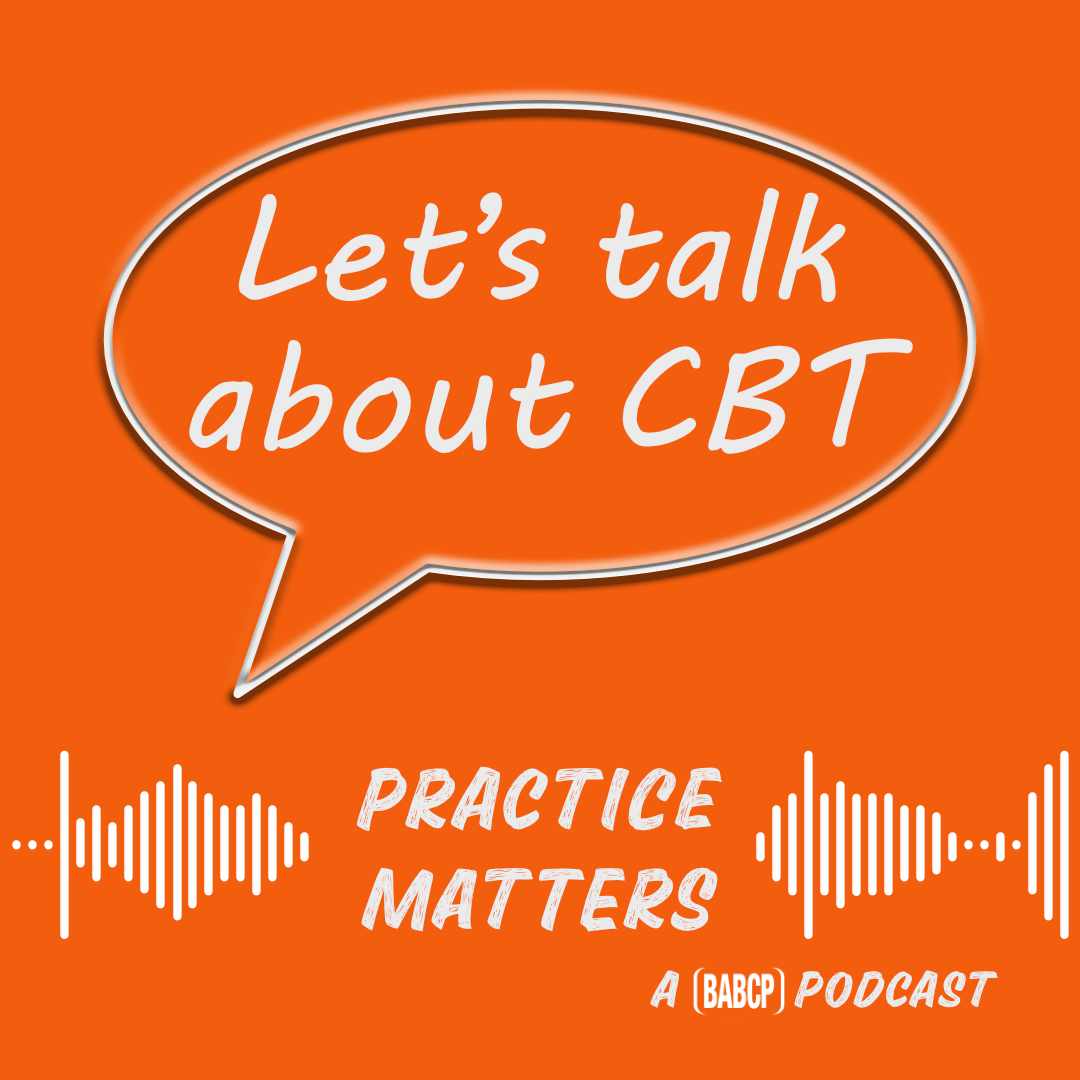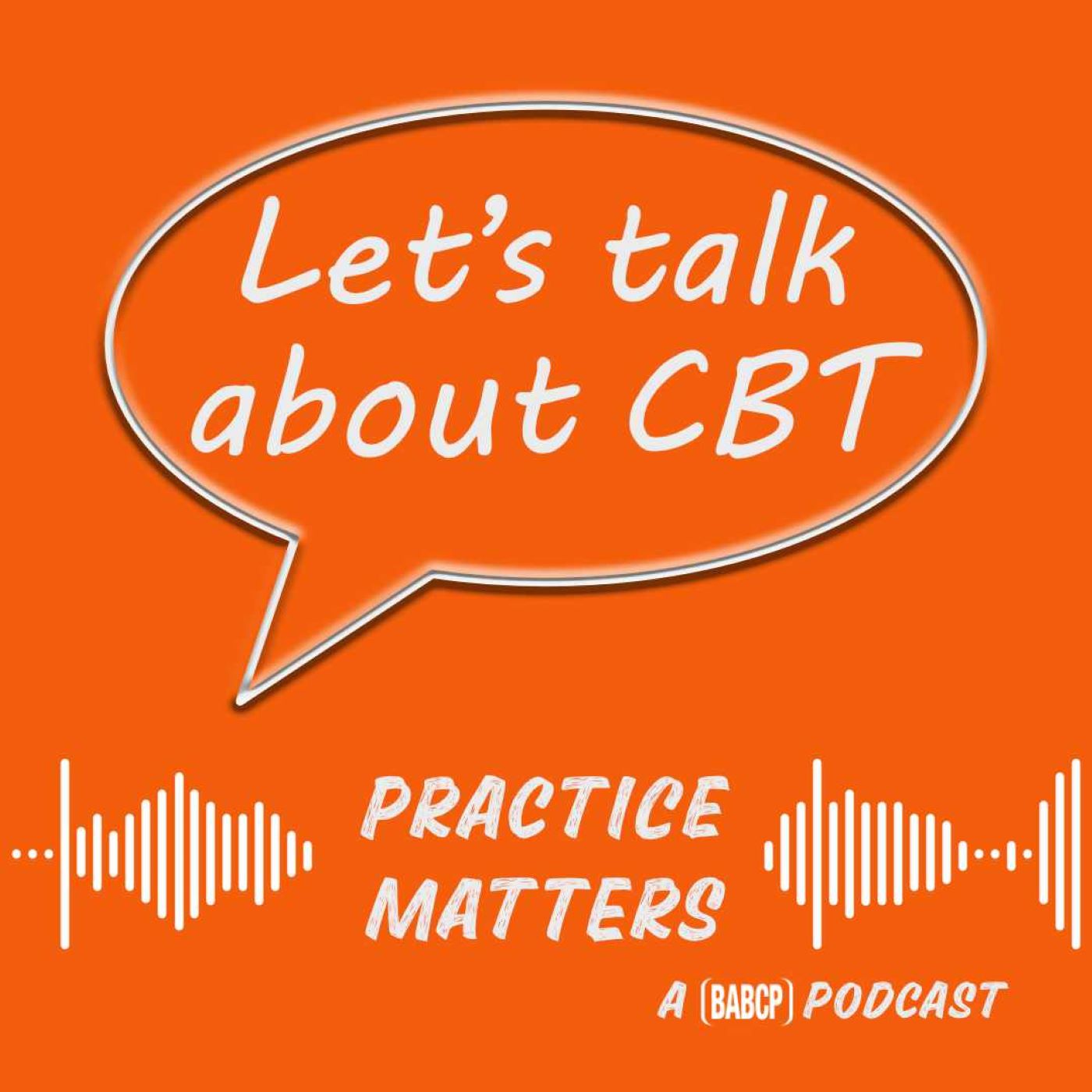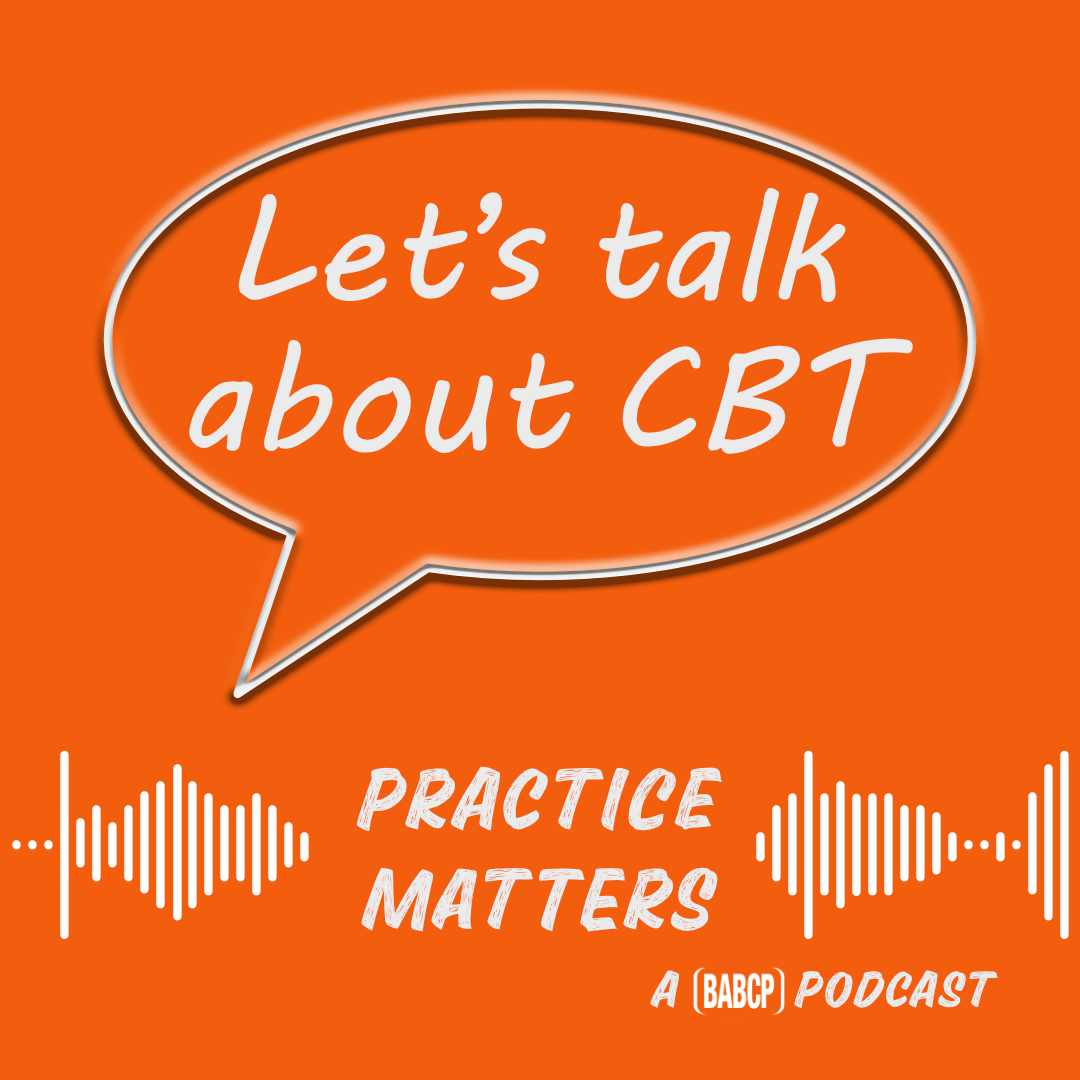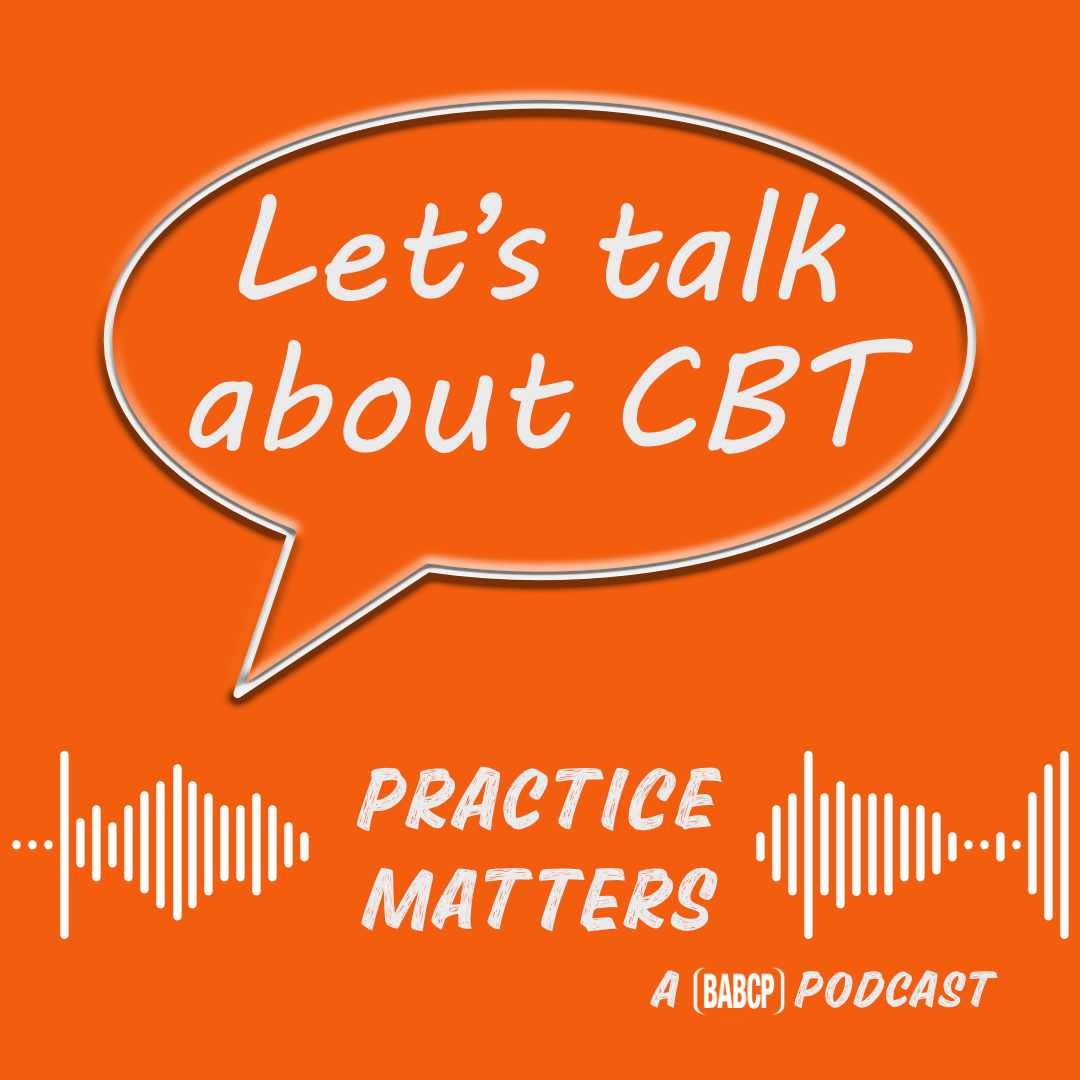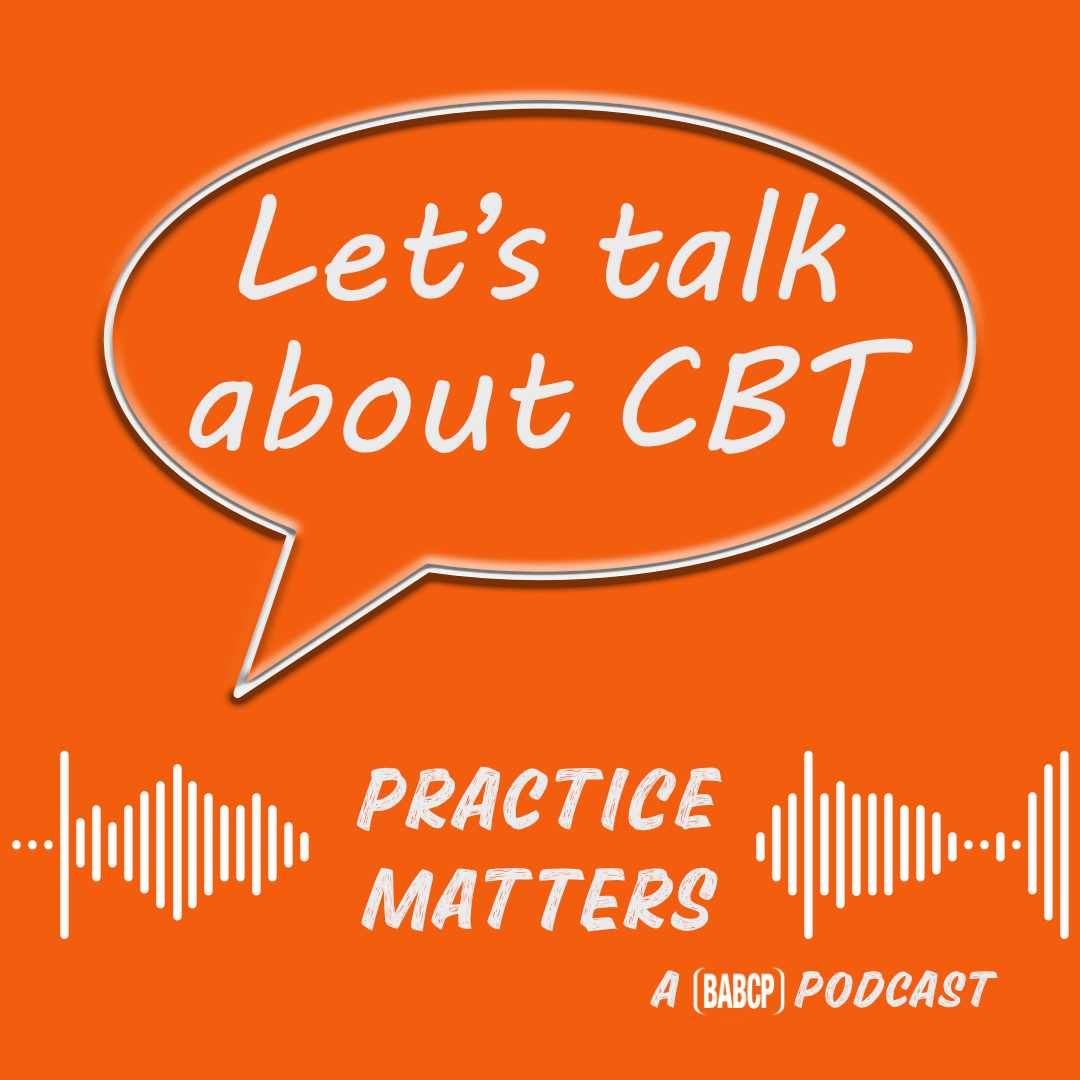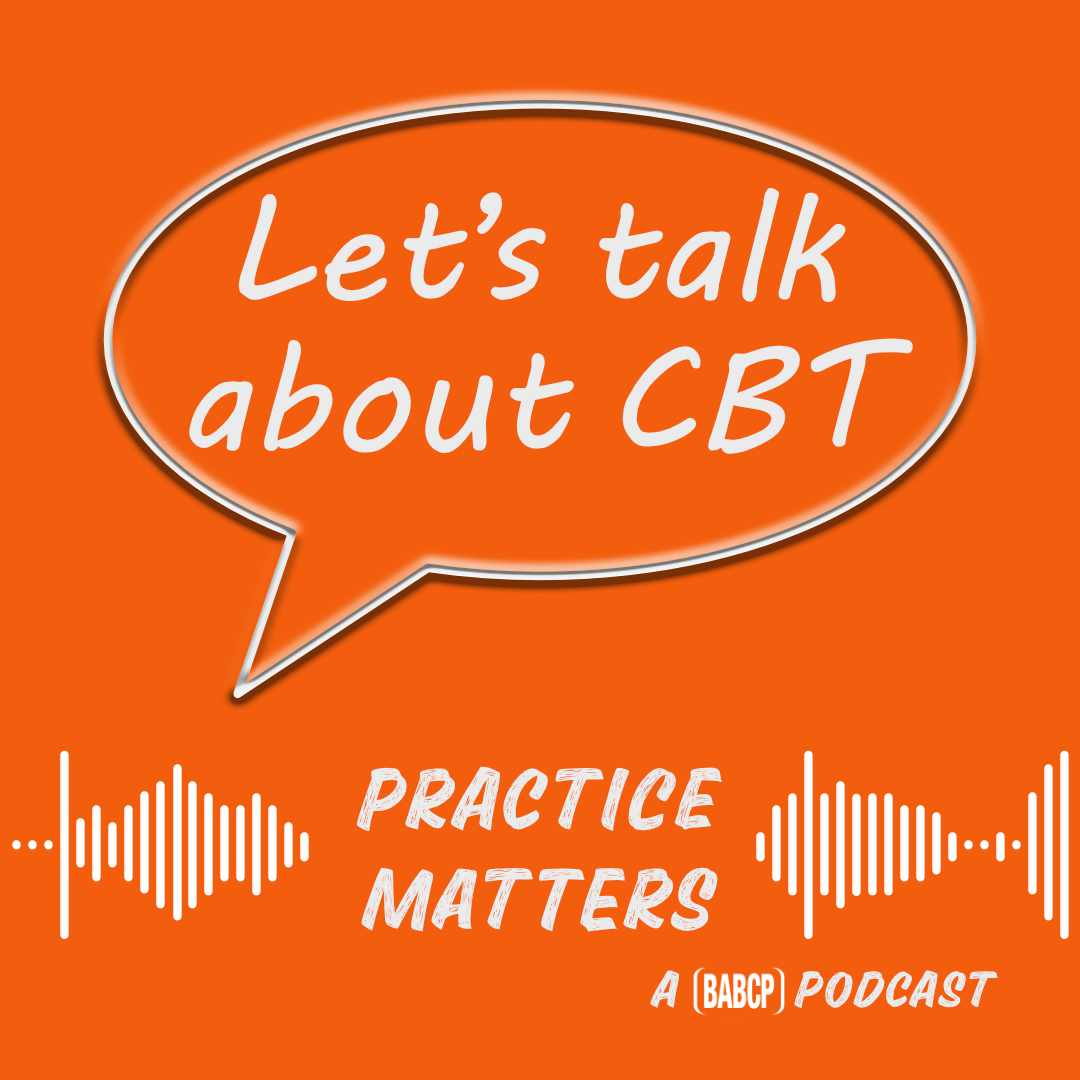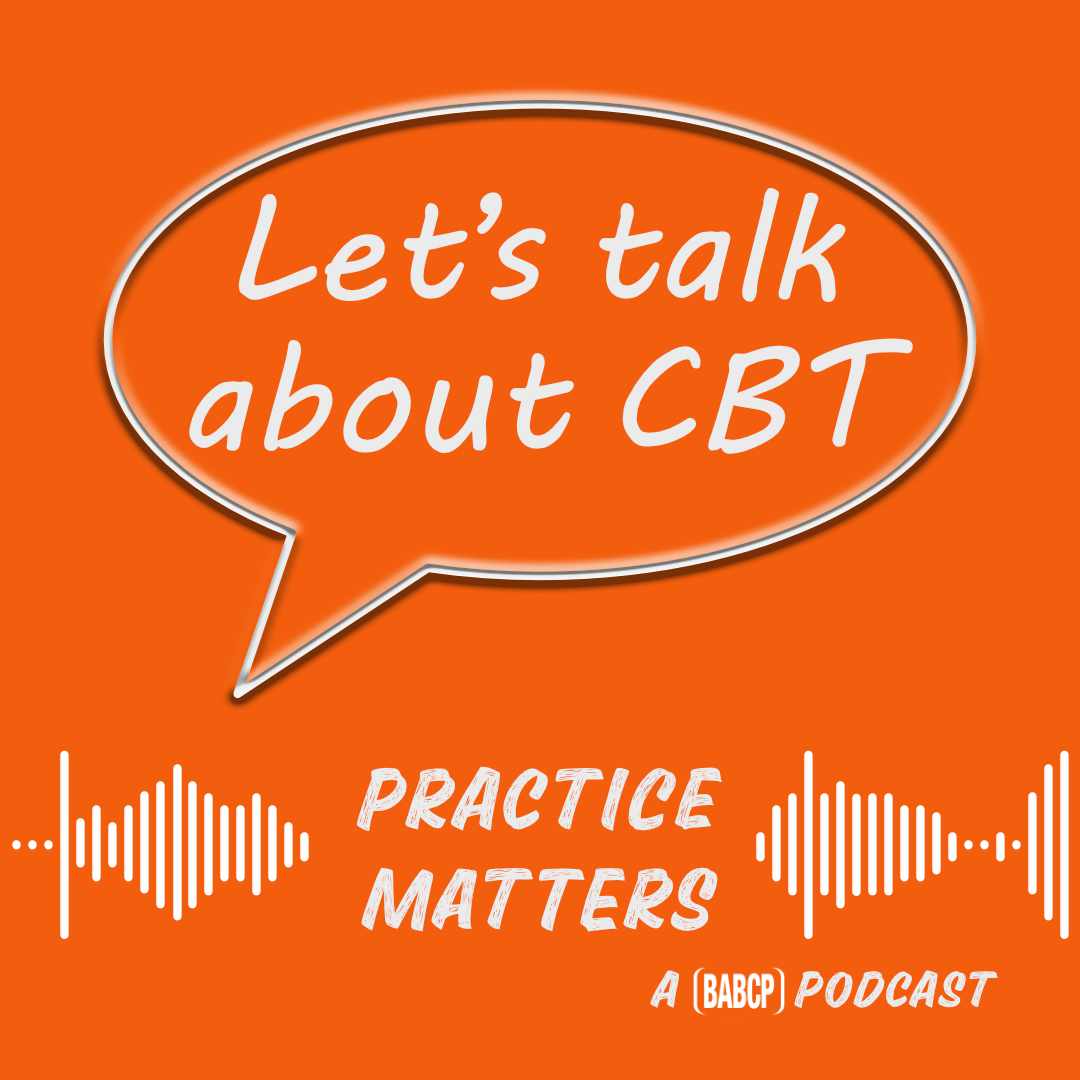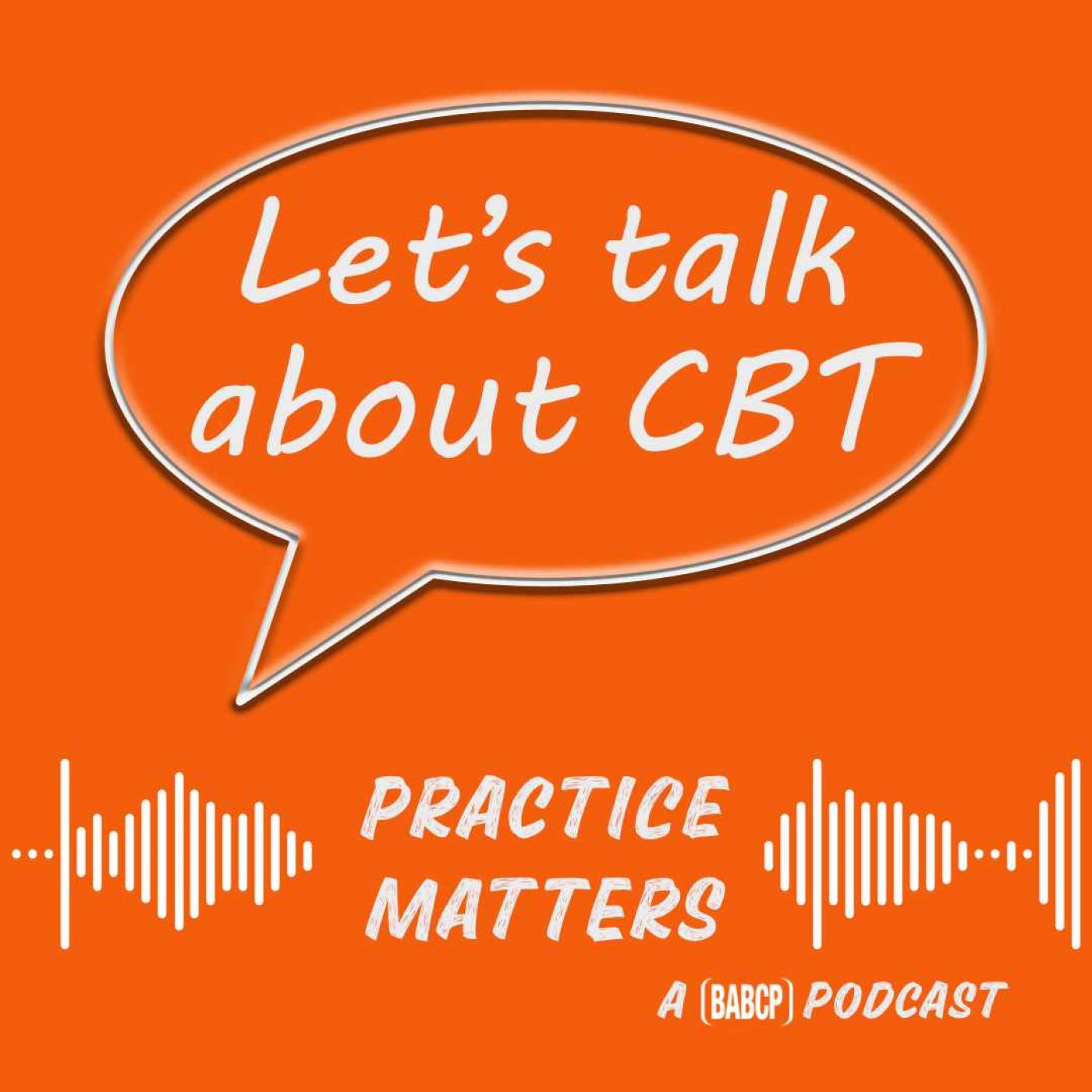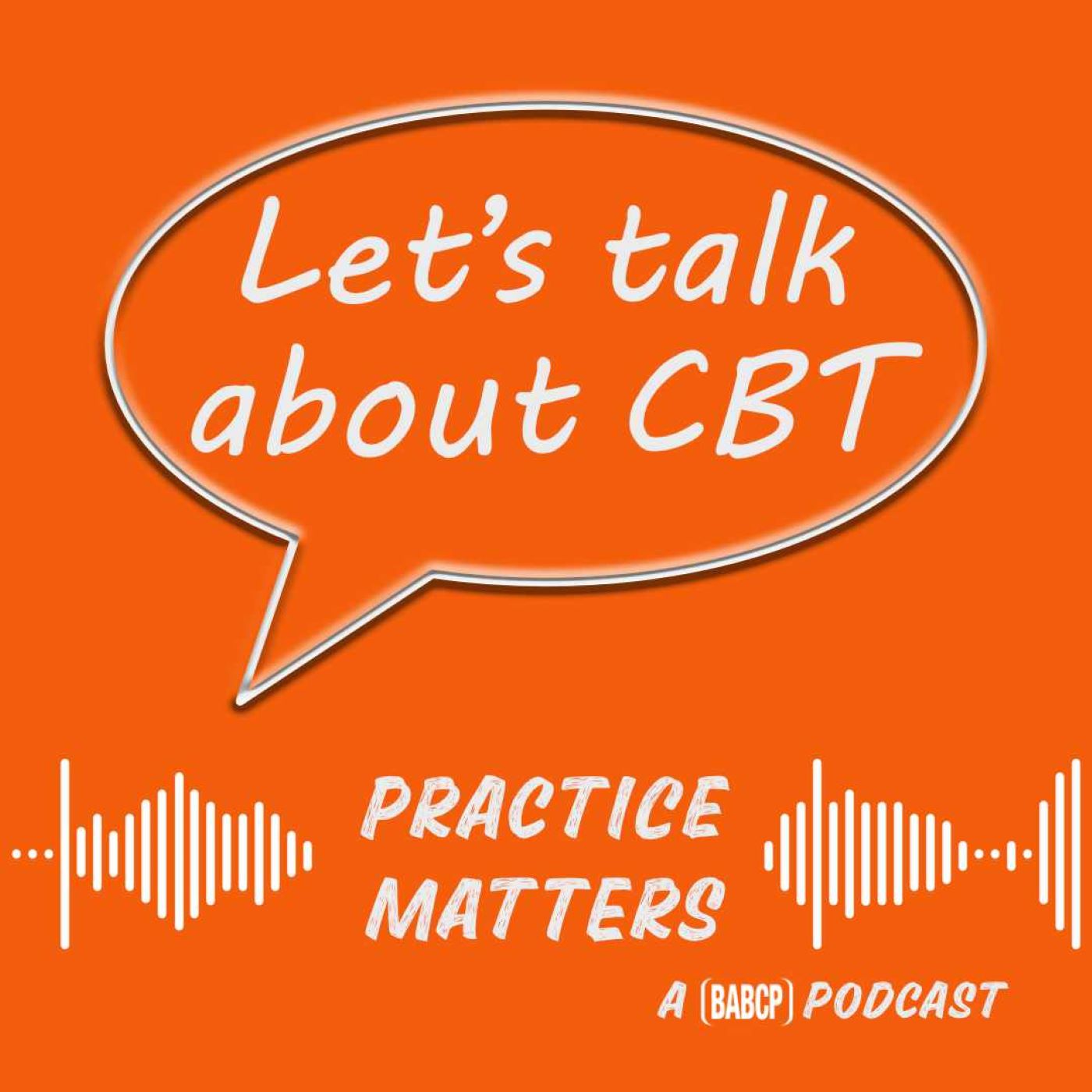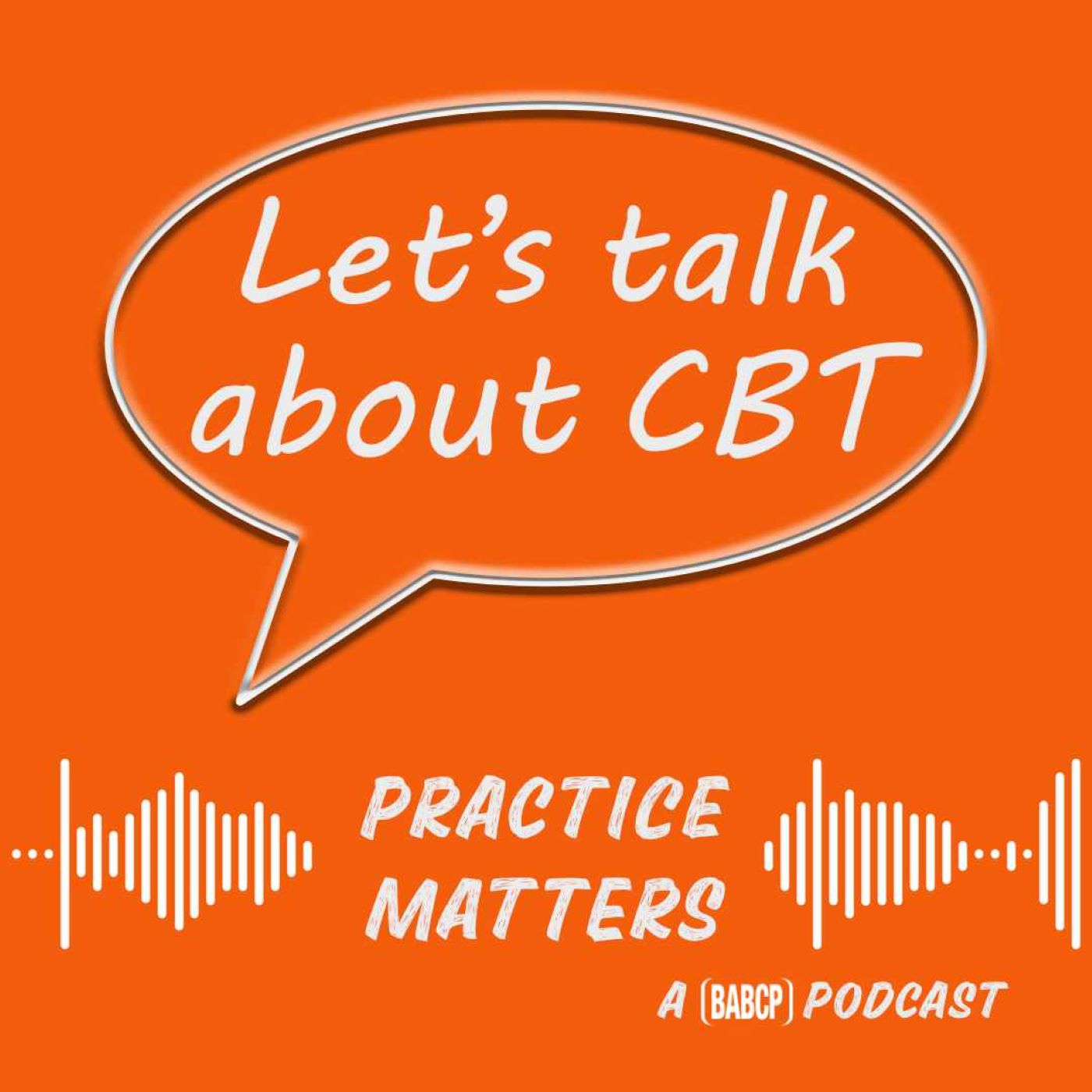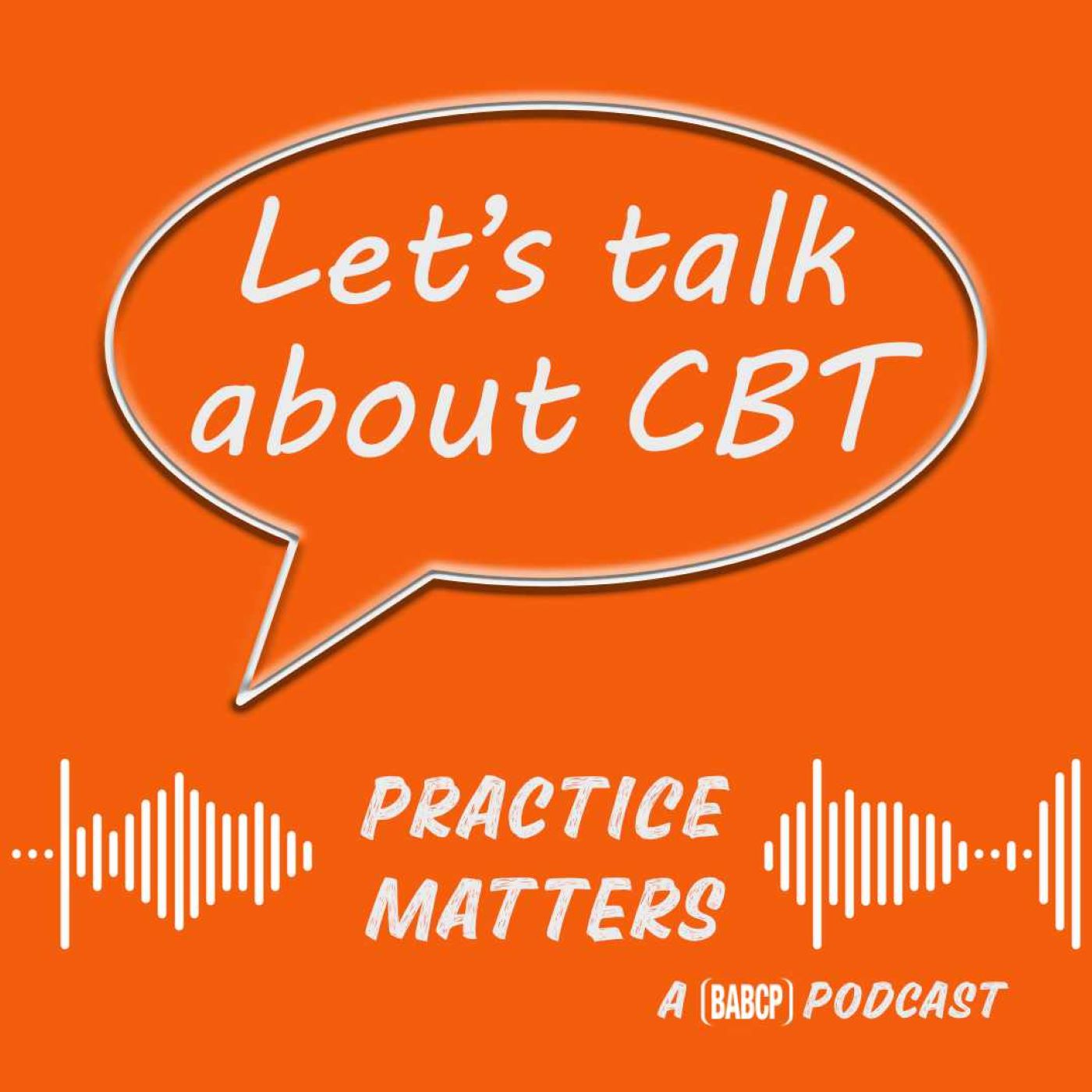Prof Heather O’Mahen and Dr Sarah Healy on CBT for anxiety and depression in the perinatal period
Description
In this episode of Let’s Talk About CBT- Practice Matters, host Rachel Handley is joined by two leading experts in perinatal mental health- Professor Heather O’Mahen and Dr Sarah Healy. Together, they explore the unique challenges, adaptations, and opportunities that come with providing effective CBT for individuals during the perinatal period.
Heather and Sarah draw on their clinical experience, policy work, and research to discuss why perinatal-specific approaches are needed, the prevalence and impact of perinatal mental health difficulties, and how therapists can adapt CBT to meet the needs of diverse parents and families. The conversation also covers access to care, the role of identity and stigma, supporting culturally diverse and neurodiverse parents, and therapist wellbeing when working in this emotionally heightened period.
Whether you're working in NHS Talking Therapies, secondary or specialist care, private practice, or simply want to deepen your understanding of this vital area, this episode offers compassionate insights and practical strategies for helping parents during this transformative time.
Resources & Further Learning:
· Find out more about the Pearl Institute here
· Access the Perinatal Positive Practice Guide here
· Take part in the Jame Lind Alliance perinatal mental health survey here
· Listen to the our previous episode on OCD in the perinatal period with Dr Fiona Challacombe
Stay Connected:
- Follow us on Instagram: @BABCPpodcasts
- Send us your questions and suggestions: podcasts@babcp.com
- Subscribe and leave a review – and don’t forget to share this episode with your colleagues!
If you enjoyed this episode, check out our sister podcasts, Let’s Talk About CBT and Let’s Talk About CBT – Research Matters for more discussions on evidence-based therapy.
Credits:
Music is Autmn Coffee by Bosnow from Uppbeat
Music from #Uppbeat (free for Creators!): https://uppbeat.io/t/bosnow/autumn-coffee
License code: 3F32NRBYH67P5MIF
This podcast was edited by Steph Curnow
Transcript:
Rachel: Welcome to Let's Talk About CBT-Practice Matters, the BABCP podcast for therapists using cognitive behavioural therapy with me, Rachel Handley. Each episode, we talk to an expert in CBT who will share insights that will help you understand and apply CBT better to help your patients.
Today, we have the pleasure of being joined by not one but two experts in perinatal mental health, Professor Heather O’Mahen and Sarah Healy.
Professor O’Mahen is Professor of Perinatal and Clinical Psychology at the University of Exeter and world leading expert in treatments for depression and anxiety in the perinatal period. Her work focuses not only on improving treatments, but also on improving treatment access, for example, through digital delivery. Heather is also currently National Clinical Advisor to NHS England's Perinatal Mental Health Policy Team. And Dr. Healy is a leading perinatal clinical psychologist with over 20 years’ experience in the field. She co-led with Heather the development of the Talking Therapies perinatal competency framework and contributes regularly to the development of perinatal mental health policy. They've also founded together the Pearl Institute, which provides evidence-based training for clinicians working in the perinatal period. You're both so welcome. Thank you so much for making time in your busy schedules to come on the podcast. I think the fact that from the first planning to recording this podcast has taken us about 10 months is probably a good indicator of just how busy you are doing this brilliant work.
Heather: Thanks for having us, Rachel.
Rachel: Now, I know you're both hugely committed to working in perinatal mental health, and I'm wondering how you came to work in the field and what's kept you fascinated by it personally and professionally? Heather?
Heather: Well, I came to it accidentally. I applied to do a post-doc at the University of Michigan when I was living in the States and it was in primary care. But they had rejigged things and then said, we have this other one in perinatal mental health, would you be interested? I had a long-standing interest in women's mental health so that sounded really great to me and I said, yeah, I'm definitely interested. Then I started doing therapy with women, parents from the perinatal period, and also doing research in the area, and I just couldn't stop. It's such an incredible, transformative period in people's lives. It's such a meaningful time to get to work with folks. There's so much that's going on, but there's so many opportunities to walk alongside people during this period of change. And then of course I had my own children and that fed it further. And so here I am. Yeah, yeah, yeah. Then you learn like, wow, it really, really, really, really is important.
Rachel: You learn what it's really about. Fantastic. And how about you, Sarah?
Sarah: Yeah, I guess I came a bit of a roundabout way into perinatal. My early kind of career was more on the research side of things, but I started with a master's in the psychology of early development. I was really interested in that early mother-infant relationship. So I did my PhD in that area and I kind of been moving towards clinical psychology. Thought I would end up in CAMHS because I really liked working with children and that kind of parenting piece and then have the great fortune of having an assistant psychologist post in a mother and baby unit. And I just really found the work fascinating and as Heather kind of said, such a transformative time to be working with. So that kind of started me on my perinatal path. And since then, I've really just found the work so rewarding. And similarly having my own, my son, obviously now eight, he just turned eight. The perinatal period is a little bit a while ago, but I think I learned a lot from the work that really helped me as a parent and then being a parent really, I guess, added to my knowledge and passion for the area. Such an exciting, interesting area to work in and you get such variability in the type of difficulties people are having and the outcomes are so rewarding. I get emails from clients I saw years ago, of pictures of their children that are now eight, nine, ten, and you feel you've been really part of that process.
Rachel: Wow. So it sounds like you both really have a deep commitment to women's mental health, to parents, to babies, to seeing kids develop and thrive. And that you've really enjoyed working in this joyous, but also incredibly vulnerable and challenging period with people where you can really make a difference. Now, certainly my experience, I've got three kids and experienced postnatal depression after two of them and I remember look back at it being such a precious, incredible time, really special time in my life despite that, but also all these challenges that are piling in. And yeah, at eight, the challenges continue don't they Sarah, but there's a little bit more sleep maybe.
Sarah: The sleep is nice.
Rachel: But it sounds like you also both had an excitement about bringing together research and practice around multiple areas like physical and mental health and adult and child developmental psychology in ways that can make a big difference and you both obviously live and breathe this work at home as well. But people who haven't worked extensively in the area might ask if we need a special approach to perinatal mental health, you know, can't we just apply what we already know about the evidence-based practice and approaches to depression and anxiety, for example, for the adult population and adapt those where we need them in line with our individual formulations.
Heather: I think that's a really good point. And the evidence would sug

